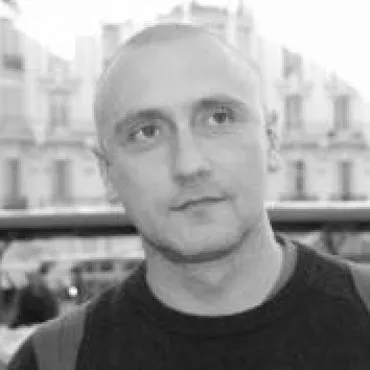
The natural or cultural, physical, or symbolic environment is the backdrop against which life and literature unfold. Time is the other essential coordinate, so much so that it is impossible to separate it from the perception of the space inhabited by the real person and the fictional character. To study our landscape from the point of view of ecocriticism and environmental humanities is to try to recover and vindicate a primordial, perhaps idealised, notion of space-time. It is, very modestly, to defend a utopia and to stand up to dystopia. A dream that will never fully come true, but whose light guides us, even scholars, from a distance.
José Manuel Pedrosa is Professor of Literary Theory and Comparative Literature at the University of Alcalá. He is a specialist in oral literature and cultural anthropology. Author of numerous books and articles on these subjects. In the field related to ecocriticism, he has carried out ethnographic fieldwork, especially in the villages of Latin America and Africa, and carried out studies on the relationship between non-human and human animals, myths of creation and animal protection, myths in defence of nature, stories of native peoples who question or oppose the industrial exploitation of natural resources and invasive globalisation, etc.
Lines of research: oral literature, comparative literature, comparative mythology, ecocriticism, magic, and religiosity.

